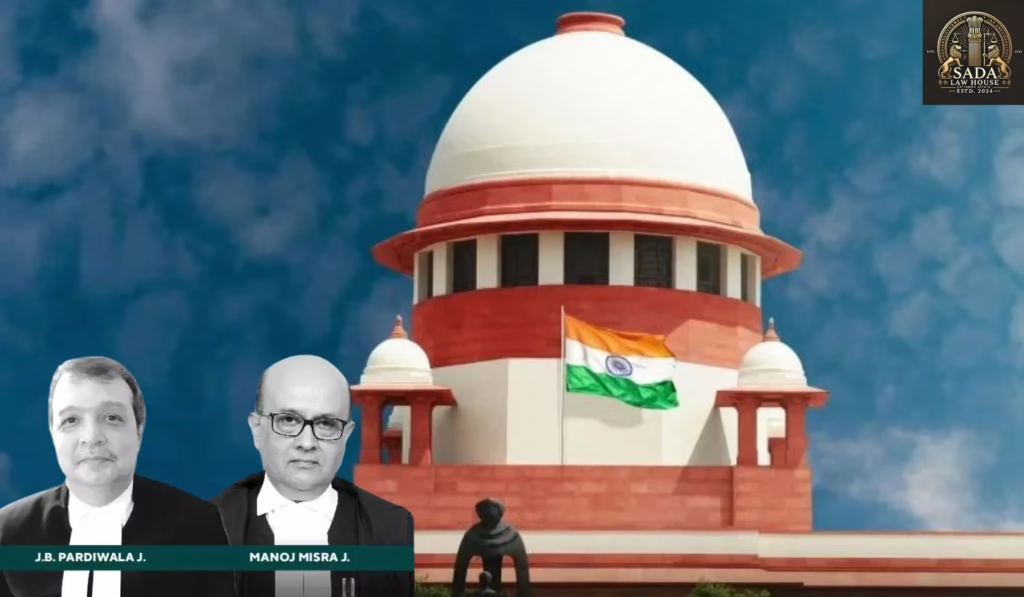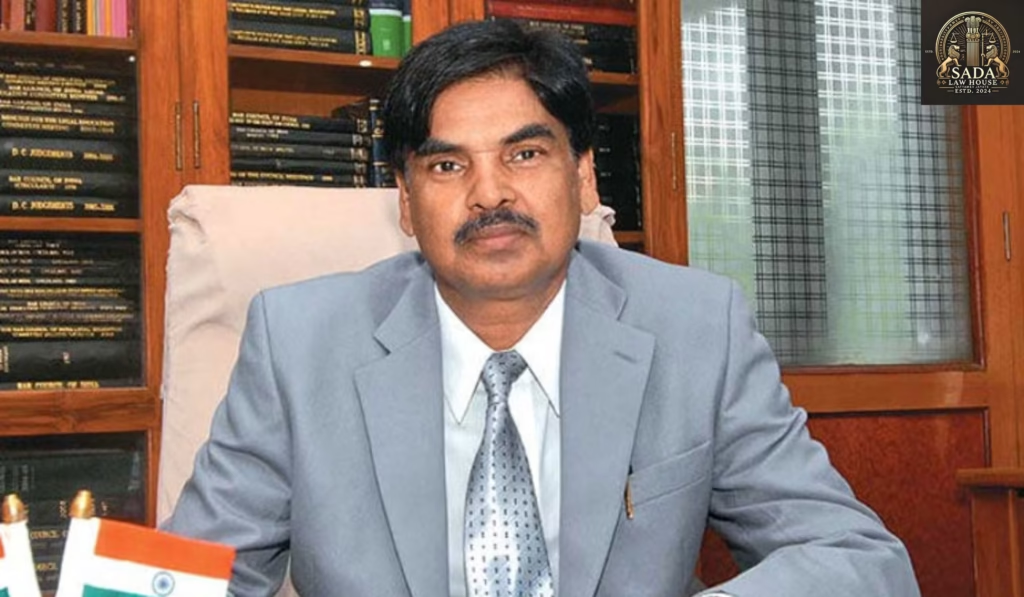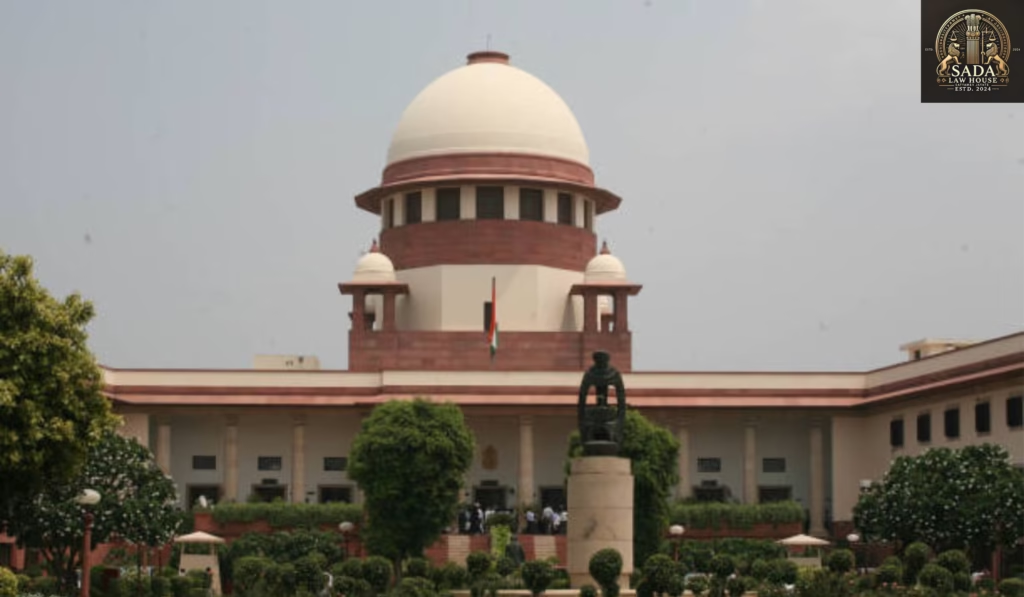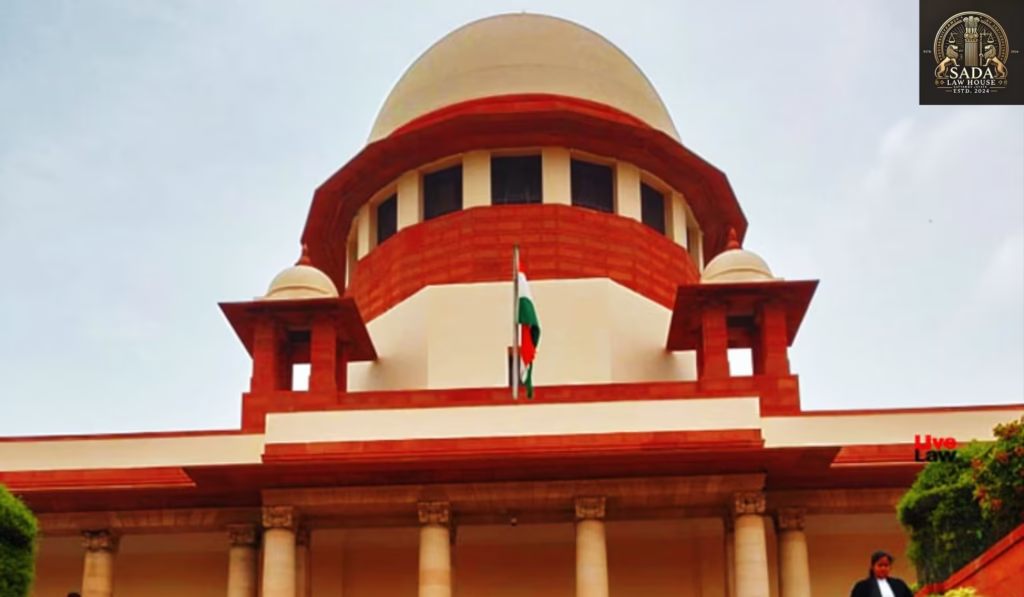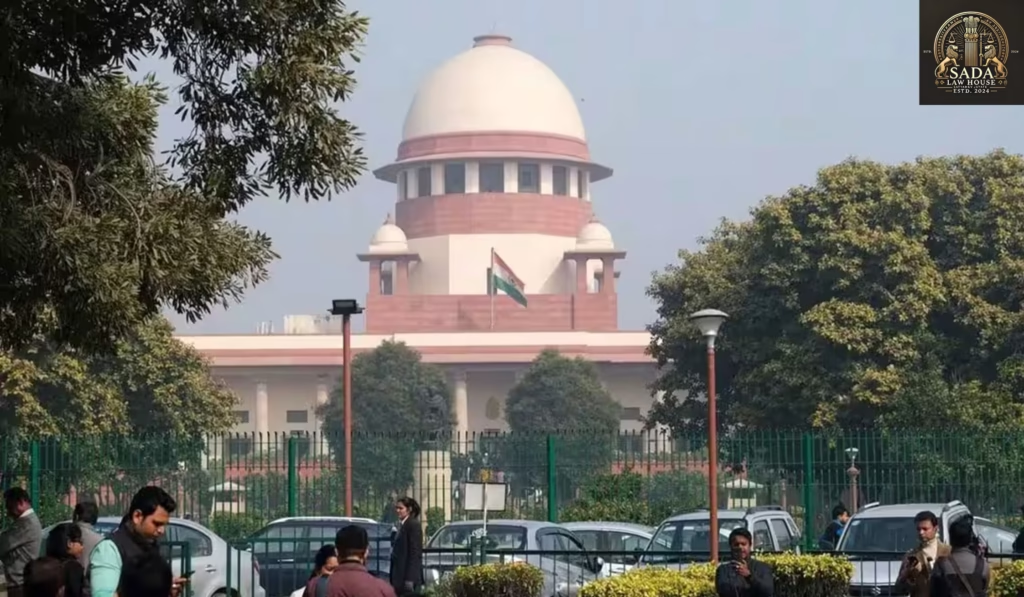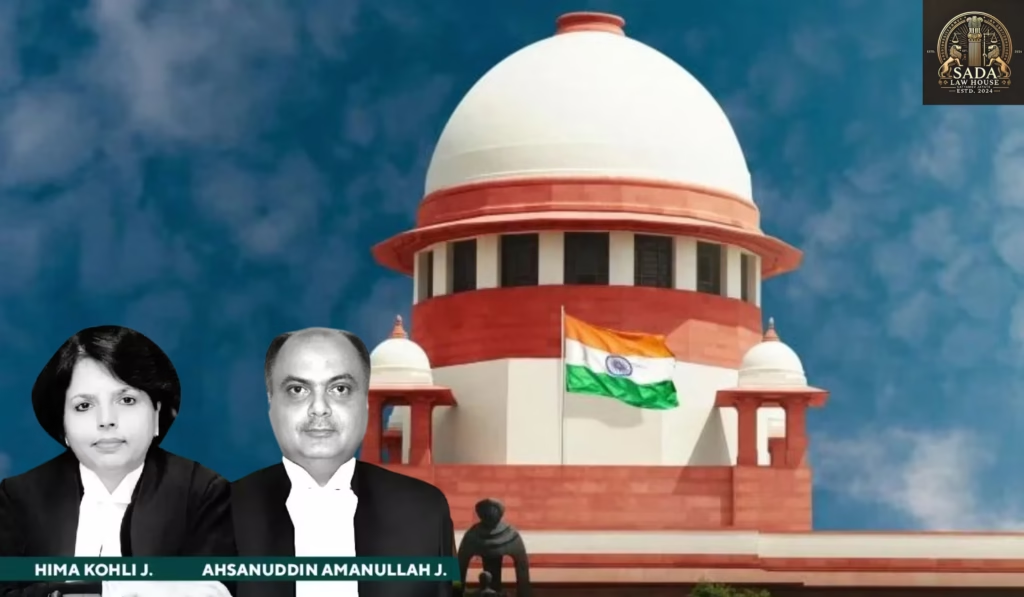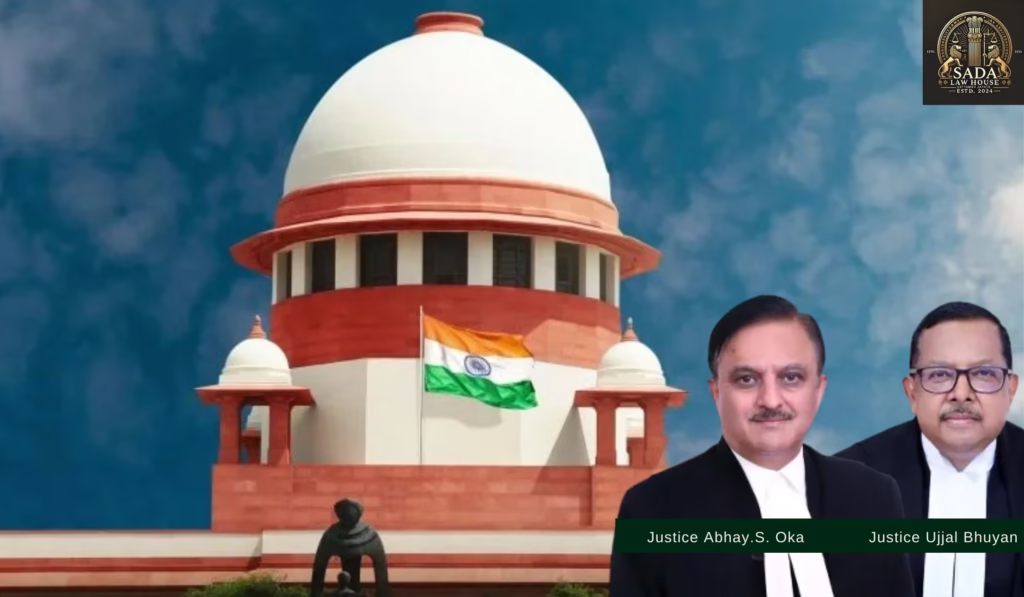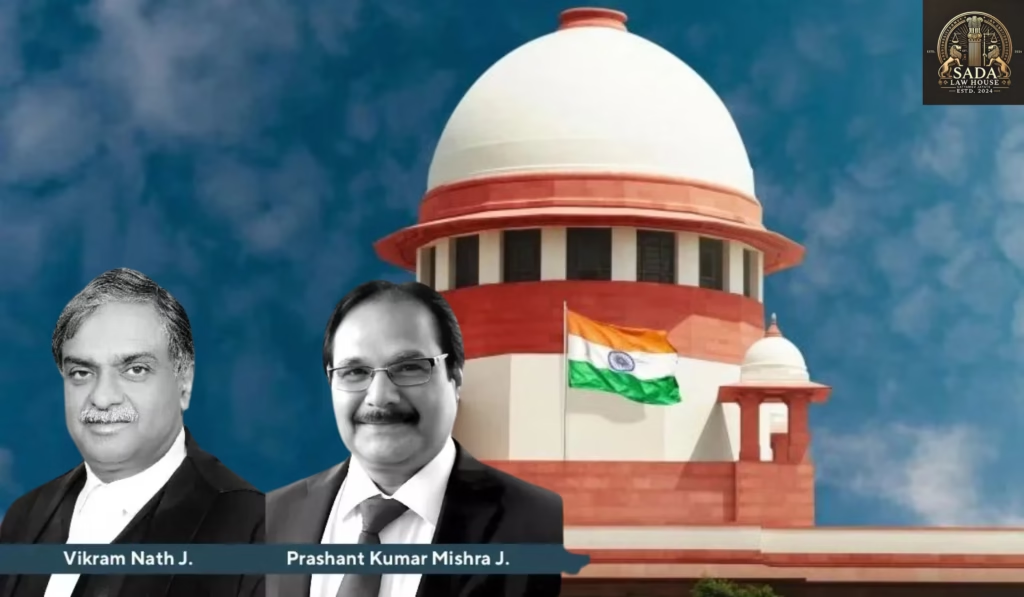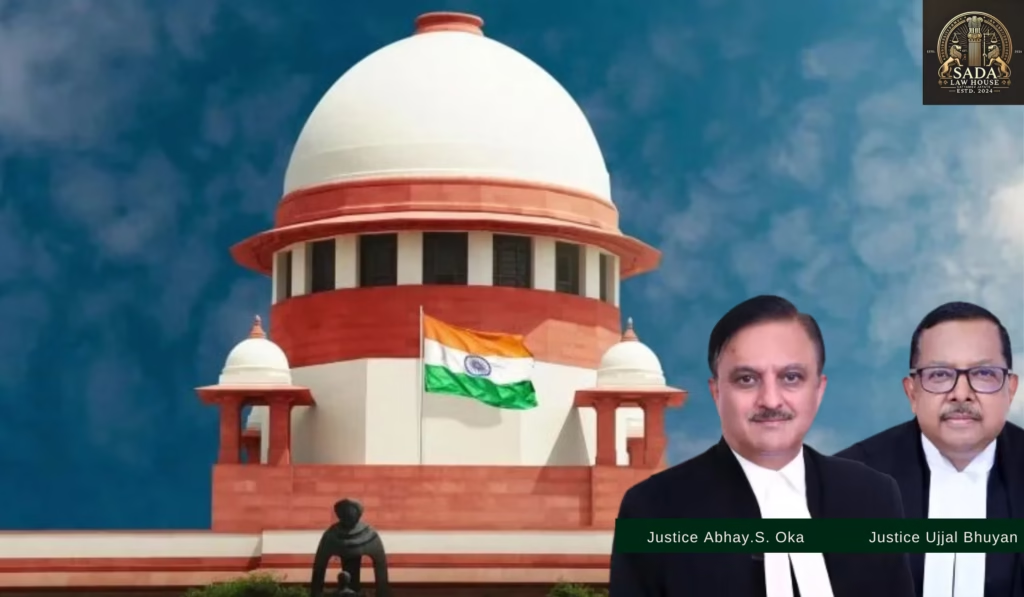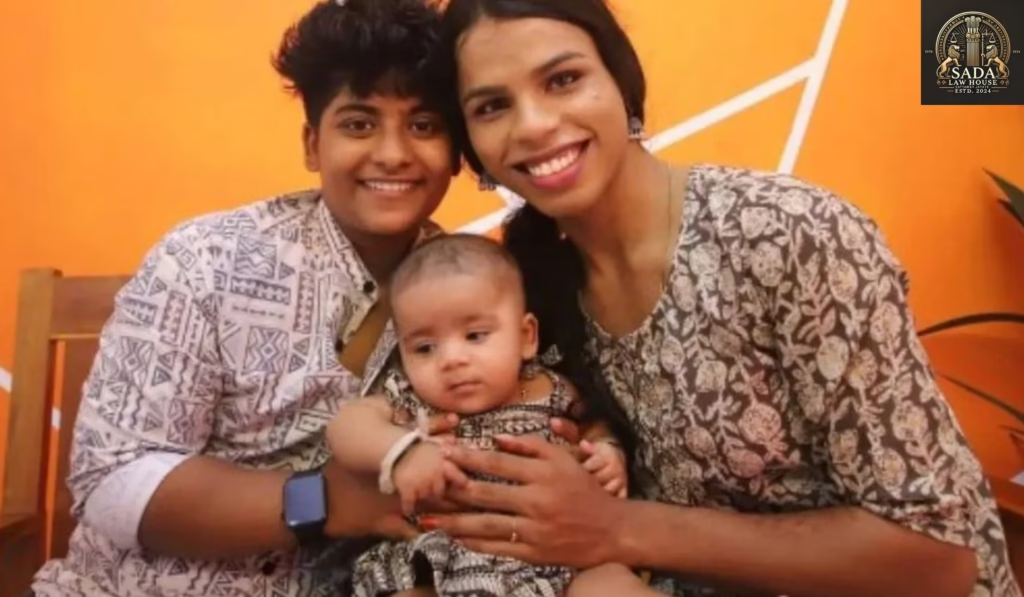Supreme Court Rules Compensation Cannot Replace Jail Time in Serious Crimes Under CrPC Section 357
Trending Today Supreme Court Rules Compensation Cannot Replace Jail Time in Serious Crimes Under CrPC Section 357 BCI Chairman Manan Kumar Mishra Condemns Arrest of Sharmishta Panoli, Demands Immediate Release Over Social Media Controversy Supreme Court Petitioned After Alleged Police Assault on Journalists Reporting on Madhya Pradesh Sand Mafia Supreme Court Rejects Plea Against Assam’s Deportation Policy on Bangladeshi Infiltration Supreme Court Orders Medical Care for Disabled Rape Survivor Under Victim Compensation Scheme LEGAL JOB OPPORTUNITY AT OFFICE OF NUNIWAL LAW CHAMBERS Supreme Court Emphasizes Judicial Hierarchy: Contempt Case Against NCDRC Members in Ireo Grace Realtech vs Sanjay Gopinath (2024) Supreme Court Judgment on ED’s Arrest Powers Under PMLA: No Arrest After Special Court Cognizance | Tarsem Lal Case Analysis 2024 Supreme Court Quashes Bihar’s SC List Amendment: Tanti-Tantwa Merger Declared Unconstitutional Supreme Court Strikes Down Arbitrary Bail Conditions Violating Privacy in Frank Vitus v. NCB (2024) Supreme Court Rules Compensation Cannot Replace Jail Time in Serious Crimes Under CrPC Section 357 REHA BHARGAV 02 June 2025 In a landmark 2024 ruling, the Supreme Court of India held that financial compensation under CrPC Section 357 cannot substitute imprisonment for serious crimes. Learn about the case, its background, judgment, and implications for India’s criminal justice system. Introduction In a significant judgment delivered on May 9, 2024, the Supreme Court of India reaffirmed a crucial principle in criminal law: monetary compensation to victims cannot replace custodial punishment, especially in serious offenses involving bodily harm. The case of Rajendra Bhagwanji Umraniya v. State of Gujarat has become a cornerstone in understanding the limits of Section 357 of the Code of Criminal Procedure (CrPC). This ruling highlights the importance of maintaining the integrity of criminal sentencing and reinforces that justice should not be influenced by an offender’s financial capacity. Case Background: What Happened? The Incident The case dates back to September 2012 when Rajendra Bhagwanji Umraniya filed an FIR in Surendranagar, Gujarat, alleging that he was assaulted by five individuals. The charges included: Rioting (Sections 147–149 of the Indian Penal Code) Voluntarily causing hurt and grievous hurt (Sections 323, 325 IPC) Extortion (Section 384 IPC) Criminal intimidation (Section 506(2) IPC) Violation of the Gujarat Police Act (Section 135) After trial, the Sessions Court convicted two accused, sentencing them to five years of rigorous imprisonment and fines. Three others were acquitted. High Court Appeal The Gujarat High Court later reduced the sentence to four years and allowed the convicts to be released early upon payment of ₹2.5 lakh each as compensation to the victim. This decision was challenged in the Supreme Court, raising a critical question: Can financial compensation under CrPC Section 357 justify sentence reduction? Key Legal Issue Can Victim Compensation Replace Imprisonment? The central legal issue before the Supreme Court was whether voluntary payment of compensation to the victim under Section 357 CrPC could be a valid ground to reduce or substitute imprisonment. Arguments from Both Sides Petitioner (Rajendra Umraniya) Punishment and Compensation Serve Different Roles: Compensation is supplementary, not a replacement for legal sentencing. Threat to Justice and Deterrence: Allowing compensation to mitigate punishment creates bias for wealthier offenders, undermining justice. Misuse of Section 357 CrPC: The provision was intended to benefit victims, not help convicts escape prison time. Violation of Judicial Precedents: Prior Supreme Court rulings have emphasized that compensation cannot override the seriousness of the crime. Denial of Justice to the Victim: Reducing punishment weakens public confidence in the system and trivializes the harm caused. Respondents (Convicted Accused) Voluntary Compensation Shows Remorse: ₹5 lakh had already been paid to the victim, indicating sincere regret. High Court’s Discretion: The sentence balanced restorative justice and punishment. Time Elapsed Since Incident: Over 12 years had passed; the convicts remained law-abiding. Humanitarian Considerations: Good behavior, family responsibilities, and cooperation in the legal process were cited as reasons for leniency. Not Challenging Conviction: They accepted their guilt, only appealing the quantum of sentence. Supreme Court Judgment – May 9, 2024 Final Ruling The Supreme Court of India unequivocally held that: Compensation under CrPC Section 357 cannot substitute imprisonment, especially in serious criminal cases. Key takeaways: The Gujarat High Court’s reasoning was legally flawed. Allowing wealth to influence sentencing violates the principle of equality before law. Sentence must be based on the gravity of the crime, not the offender’s financial position. Compensation is an additional remedy, not a bargaining chip to reduce jail time. However, due to the long lapse of time and partial compensation already paid, the Court did not reinstate the original sentence. Instead, it ordered each convict to pay an additional ₹5 lakh, bringing the total compensation to ₹15 lakh for the victim. Conclusion: A Landmark in Indian Criminal Jurisprudence This landmark decision ensures that India’s criminal justice system remains fair and impartial. The Supreme Court of India clarified that: Criminal sentencing cannot be bought through monetary settlements. Victim compensation and punishment serve separate legal purposes. The economic status of an offender must never influence sentencing outcomes. By reinforcing the objectivity of the sentencing process under CrPC Section 357, the Court has protected the sanctity of justice and prevented misuse of compensatory provisions. Leave a Reply Cancel Reply Logged in as Sada Law. Edit your profile. Log out? Required fields are marked * Message* Case Laws Supreme Court Rules Compensation Cannot Replace Jail Time in Serious Crimes Under CrPC Section 357 Supreme Court Rules Compensation Cannot Replace Jail Time in Serious Crimes Under CrPC Section 357 Sada Law • June 4, 2025 • Case law • No Comments Supreme Court Emphasizes Judicial Hierarchy: Contempt Case Against NCDRC Members in Ireo Grace Realtech vs Sanjay Gopinath (2024) Supreme Court Emphasizes Judicial Hierarchy: Contempt Case Against NCDRC Members in Ireo Grace Realtech vs Sanjay Gopinath (2024) Sada Law • June 3, 2025 • Case law • No Comments Supreme Court Judgment on ED’s Arrest Powers Under PMLA: No Arrest After Special Court Cognizance | Tarsem Lal Case Analysis 2024 Supreme Court Judgment on ED’s Arrest Powers Under PMLA: No Arrest

